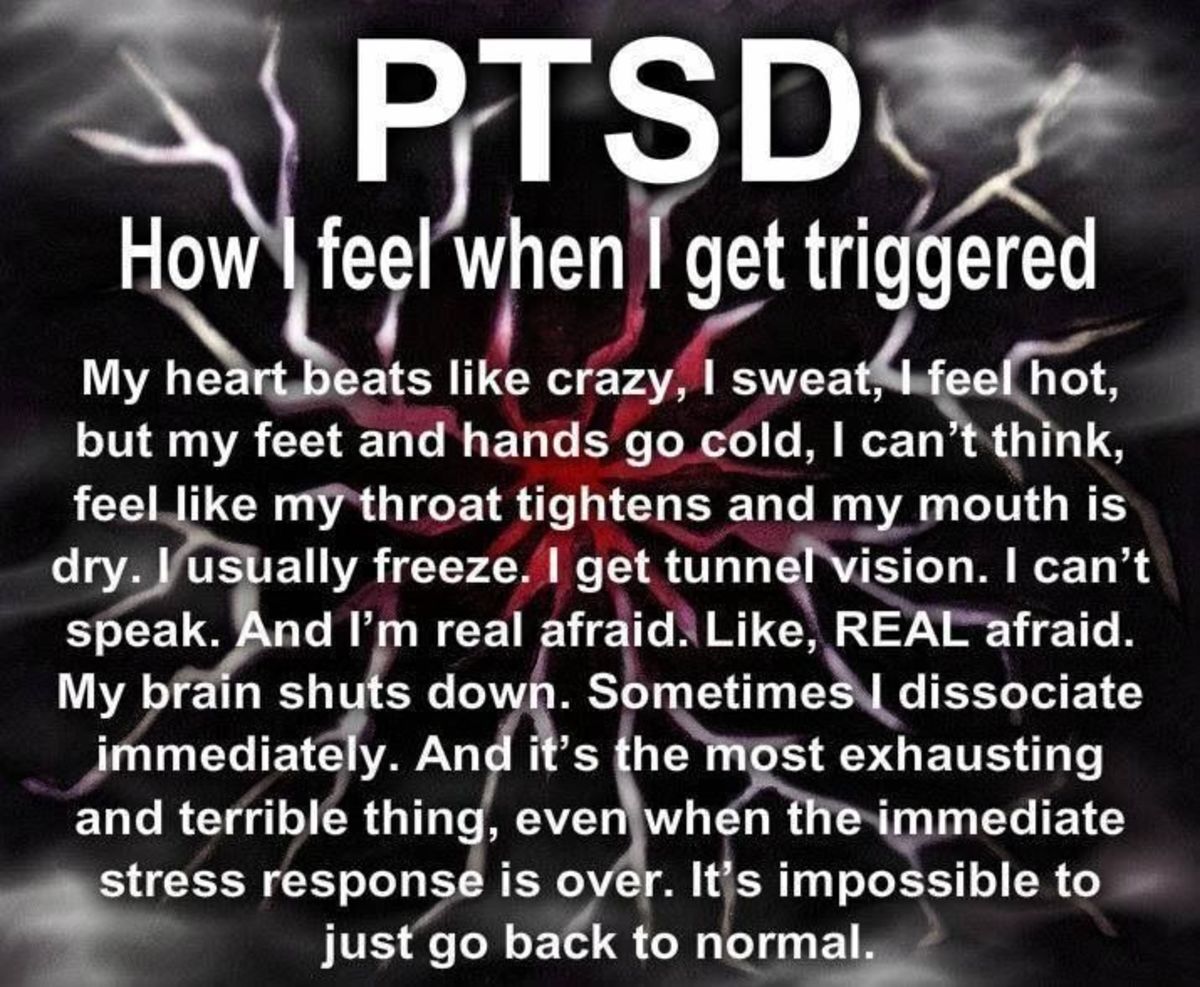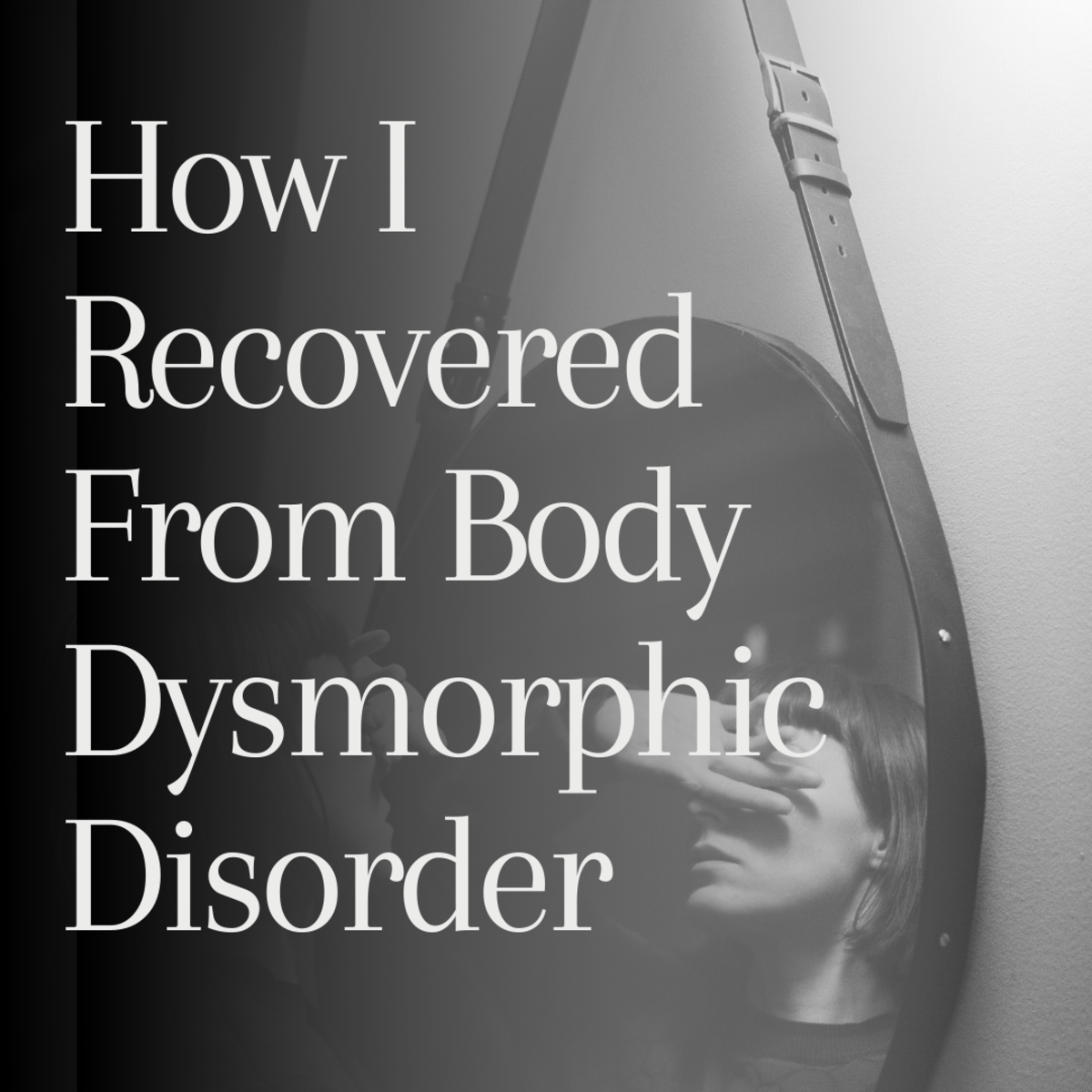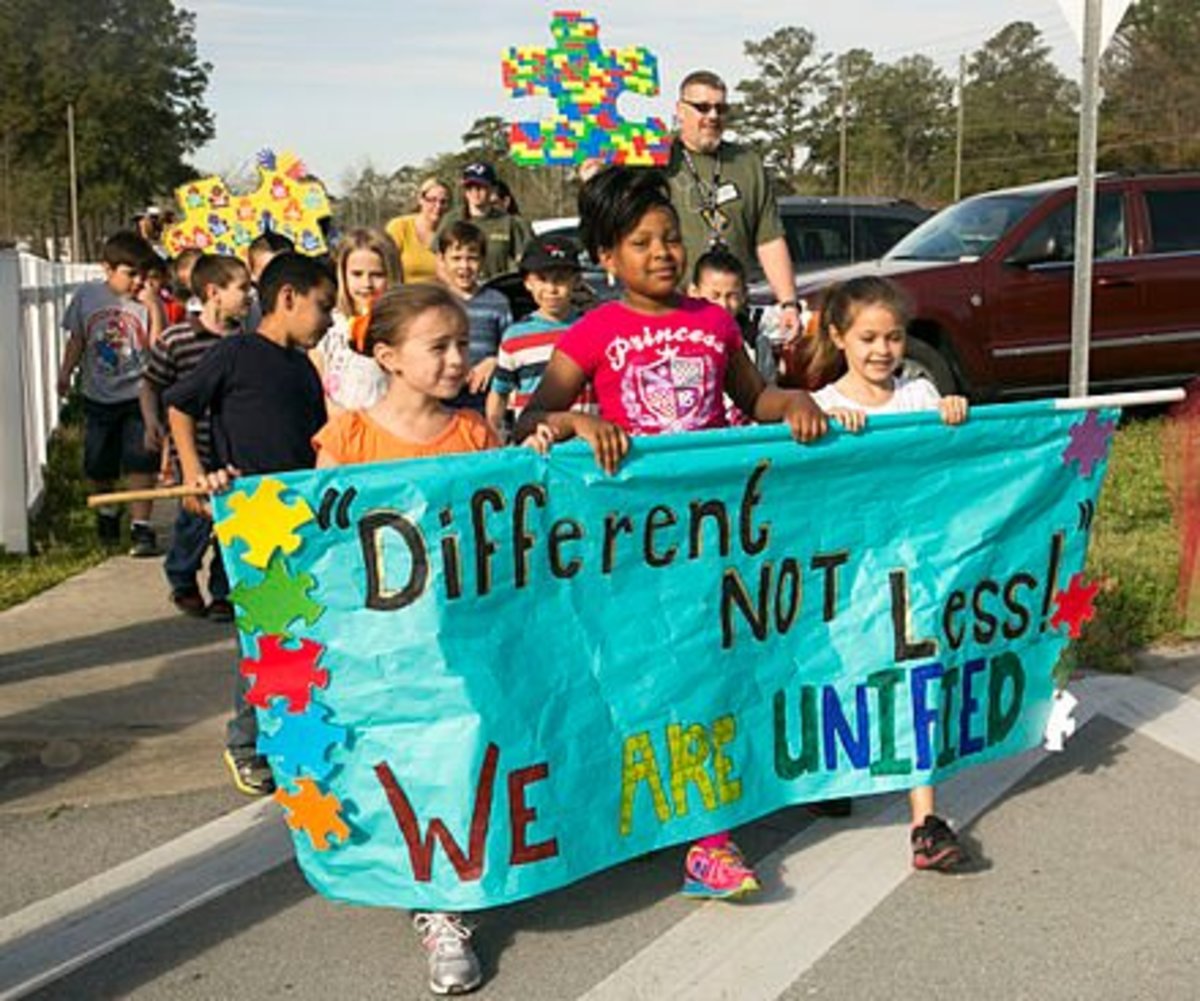What Causes P.T.S.D and Advancements in Treatment
Post Traumatic Stress Disorder

Advancements in Understanding P.T.S.D. and Treatment
Post Traumatic Stress Disorder is developed when you experience serious injury or sexual violation or see or learn about an event involving death or the threat of death. It used to be thought that this disorder only applied to combat veterans or victims of violent crimes. Now, psychologists and mental health professionals are realizing that it is a lot more widespread among the general population than what was previously believed. Also, new ways of treating the disorder are being developed which could help improve the lives of many people and society as a whole.
A new form of treatment for P.T.S.D. has emerged. It is called "stellate ganglion block" or S.G.B. and consists of an injection of an anesthetic that sedates a group of nerves in the lower part of the neck. This anesthesia or numbing of the nerves lessons the effects of the "flight or fight" transmitter. This causes alleviation of some of the major symptoms of P.T.S.D. including depression, anxiety, and insomnia.
Stellate Ganglion Block for Treatment of P.T.S.D.
It would not be just war veterans that would benefit from this new procedure. Due to the fact that P.T.S.D. does not discriminate, victims of rape, other sexual assault, victims of other kinds of violent crimes, life threatening experiences, car crashes, witnessing a close relative go through a long period of incarceration may also benefit from this as many of these people are at risk of experiencing depression, night terrors, increased anxiety, insomnia, and are at risk of possibly committing suicide.
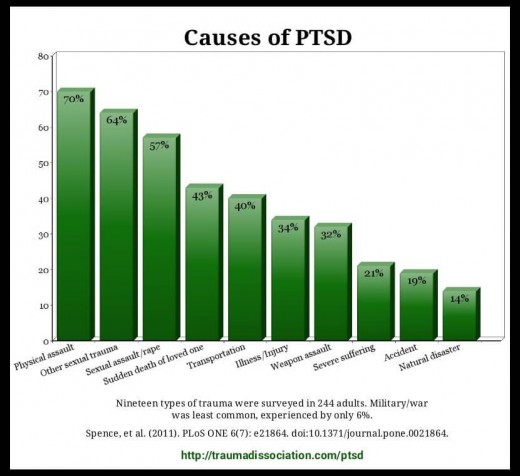
Advancements in Research on P.T.S.D.
Research that was done by Melissa Farley, Nicole Matthews, Sarah Deer, Guadalupe Lopez, Christine Stark, and Eileen Hudon revealed that the Post Traumatic Stress Disorder that rape victims experience is just as devastating as someone who went to war. Out of every one hundred rapes, only thirty-two get reported, just seven perpetrators are arrested, and only two are prosecuted according to data collected by the Rape Abuse and Incest National Network (R.A.I.N.N.).
Dr. Alexandra Pierce said that the most common symptom among victims of sexual assault was a deep feeling of being distant or cut off from the rest of the population. Around fifty percent or more felt emotionally unable to have loving or positive feelings towards people close to them. One of the most common reasons the rapes are not reported is because the victim is severely depressed and suffering from nightmares. According to R.A.I.N.N., the three most prevalent effects of P.T.S.D. caused by sexual assault are:
- constant feeling of being in danger and reliving the event through flashbacks, dreams, or intrusive thoughts
- changing behaviors to avoid any scenarios associated with the event or losing interest in activities that were once enjoyed
- feeling "on edge" constantly, having insomnia, being easily startled, and being prone to sudden outbursts
Trans Generational Trauma
If a mother or father or whoever is taking care of their children is affected by some trauma in their life, they indirectly pass on to their children that they have been traumatized. For example after September 11, 2001, parents would be holding their children's hands and unable to let go out of fear. This fear was communicated to the child/children. If the parent or caretaker is suffering, the ones who they are taking care of are also suffering. What we learn from the trauma experienced by our parents, ancestors, and people around us growing up that effects us is trans-generational trauma. That is, it gets passed on from one generation to the next. It's not hereditary but a learned response. Or, it could be a set of learned responses. P. T. S. D. can be complicated.
This is the "wendigo" (man eating monster) in our communities, the reason that generational trauma seems to become worse, generation after generation."
— Dr. Alexandra Pierce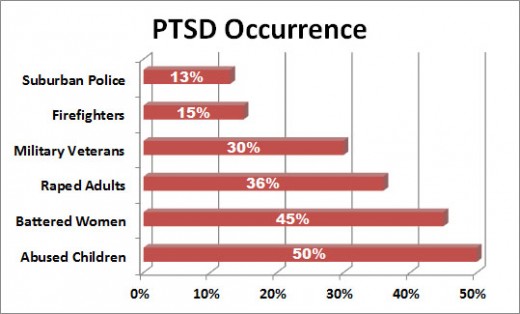
Other Populations at Risk of P.T.S.D.
It is not just rape victims or victims of other forms of sexual assault who experience P.T.S.D. First responders like paramedics, police, and fire fighters also often experience this because of the danger of their jobs and the stress in which they are under. One of the populations that does not get a lot of attention yet suffer from this are people who spend time in jails or prisons. Research has been done that concludes that African American males who spent any time in incarceration were twice as likely than those who had not been in incarceration to suffer from P.T.S.D. This plays into why this population has a very hard time adjusting to life outside of jail with problems like suicide, unemployment, domestic violence, substance abuse, etc. This is why P.T.S.D. that comes along with having been incarcerated plays a huge role in why people who are in jail often end up back in jail.
Another population that is often overlooked are siblings of people who end up incarcerated. There was a study done by sociologist Katie Heaton that revealed that non-offending siblings suffer from "disenfranchised grief". There has also been research that has been done that concludes that siblings of those who are incarcerated are at an increased risk of becoming perpetrators, becoming withdrawn, having low self esteem, having anger, and are at risk for mental health problems including P.T.S.D.
Disenfranchised grief is a particularly difficult form of loss to overcome because the majority of cases involving this form of grief are the consequences of personal decisions or behaviors made. Such loss often creates a sense of shame or guilt within the individual or that person's family, making it difficult to openly mourn, discuss, or cope with the actions that have created the loss."
— Katie HeatonTreatment
Once a diagnosis has been made there are several options someone can choose to try to treat the disease. Talk therapy and taking medication if needed has been the usual route recommended by the medical community. Some like an addition of a more holistic approach and increase their level of physical activity and other activities that help them relax. Having a good support network of family and friends has always been important. However, now there is also tantalizing evidence that an injection into the flight or fight response system within the human body can actually benefit people who are suffering from this terrible disorder. If this is true it is not just military veterans who would be helped but also society as a whole.
Please go the Link Below to Donate to the Semper Fi Fund.
- https://www.gofundme.com/f/sgb-treatment-for-veterans-with-ptsd?pc=fb_dn_cpgnstaticxlarge_r&rcid
Dakota Meyer SGB treatment for Veterans with PTSD Hey everyone my name is Dakota Meyer , I am a Marine Sniper that served in Iraq and Afghanistan and was a re
Sources Cited:
- Medal of Honor recipient praises revolutionary neck injection treatment for PTSD
“I feel like a million pounds was taken off me,” the Medal of Honor recipient said.
- Rape PTSD Equal To Effects of War - IndianCountryToday.com
For many women, rape is a crime where the after-effects of PTSD, even years later, can be as bad as the assault itself.
- Can Jail Cause PTSD? - Encartele
Because a stint in jail can include repeated traumatic events and habitual stress, inmates are at a greater risk of developing PTSD.
- When a Sibling Goes to Prison - The Atlantic
Thousands of young people are sent to prison every day, leaving behind scores of brothers and sisters researchers know very little about.
- Post-traumatic stress disorder (PTSD) - Diagnosis and treatment - Mayo Clinic
Post-traumatic stress disorder (PTSD) is a mental health condition triggered by a terrifying event, causing flashbacks, nightmares and severe anxiety.
- How Trauma Is Carried Across Generations | Psychology Today
What a person cannot contain of their experience, or what has been traumatically overwhelming, can be passed onto the next generation.
This content is accurate and true to the best of the author’s knowledge and does not substitute for diagnosis, prognosis, treatment, prescription, and/or dietary advice from a licensed health professional. Drugs, supplements, and natural remedies may have dangerous side effects. If pregnant or nursing, consult with a qualified provider on an individual basis. Seek immediate help if you are experiencing a medical emergency.

